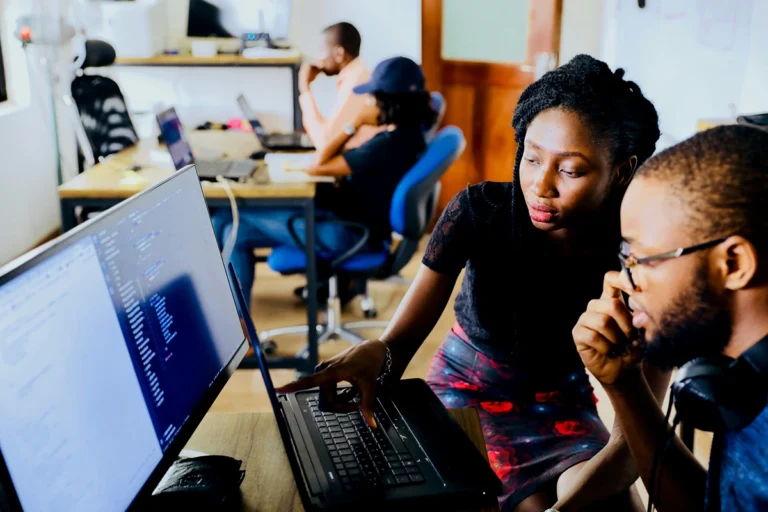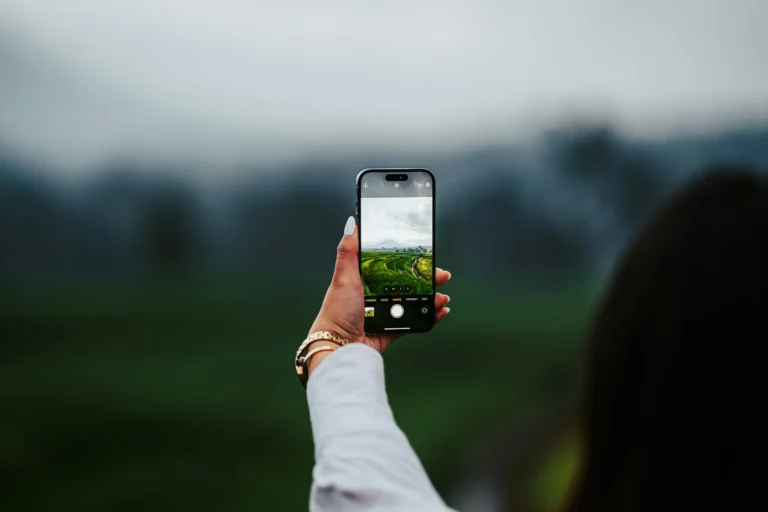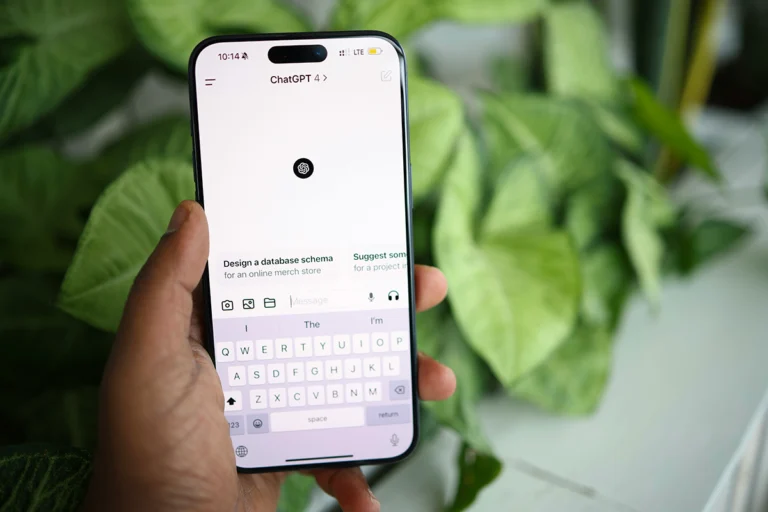Why Overwhelm Happens
Constant pings, endless feeds, and work-from-anywhere culture can leave anyone frazzled. Research shows digital stress stems from nonstop connectivity and information overload (American Psychological Association [APA], 2017; Anderson & Jiang, 2018). If you want balance but feel stuck, start small—micro habits and a screen-time balance planner build confidence without adding pressure.
Your 5 Step Screen-Time Balance Planner
Each step is a micro experiment—tiny, low risk, but confidence boosting.
1. Enjoy a No Phone Meal (Phone Free Routine)
Leave your phone in another room for one meal today. Notice the taste of food, conversation quality, or simple quiet. One device free meal = one quick win.
2. Swap the Phone for the Last 5 Minutes Before Bed
Tonight, trade the pre sleep scroll for a paper book, light stretching, or three deep breaths. Blue light exposure can disrupt sleep cycles, so this swap often pays off immediately for screen-time Balance.
3. Beat Boredom With a 2 Minute Phone Free Substitute
Next time boredom triggers a reflex scroll, try a brief alternative—tidy your desk, sip water mindfully, or chat with a coworker. Track how the micro experiment feels.
4. Tame App’s Notifications
Open phone settings, silence one non essential app, and log distraction levels for 24 hours. Fewer interruptions = more focus.
5. Write Down Your “Why”
On a sticky note, list two reasons you want better Screen-Time balance—more hobbies? deeper relationships? Post it near your workspace for instant motivation.
Why Small Wins Work
Micro successes build self efficacy—the belief you can succeed. Each completed habit proves you can change, turning overwhelm into momentum.
Keep the Progress Going with Phone Free Routines
Start by picking one micro experiment to try tomorrow—something small and doable. Afterward, take a moment to reflect: Did your stress levels drop? Did your focus improve, even slightly? Celebrate those wins, no matter how small—they all count for progress towards a phone-free balance. . When you’re ready, stack on another habit next week to build momentum. Curious where you stand with your digital habits and micro-experiments? Take our Pivot Matrix Quiz for a personalized plan.
References
- American Psychological Association. (2017). Stress in America: Coping with change. https://www.apa.org/news/press/releases/stress/2016/coping-with-change.pdf
- Anderson, M., & Jiang, J. (2018). Teens, social media & technology 2018. Pew Research Center. https://www.pewresearch.org/internet/2018/05/31/teens-social-media-technology-2018/
- Syvertsen, T., & Enli, G. (2019). Digital detox: Media resistance and the promise of authenticity. Social Media + Society, 5(1). https://doi.org/10.1177/2056305118822067
*Disclaimer: Offline Now offers educational coaching tips, not medical or therapeutic advice; please consult a qualified health professional for personal or clinical concerns.*





